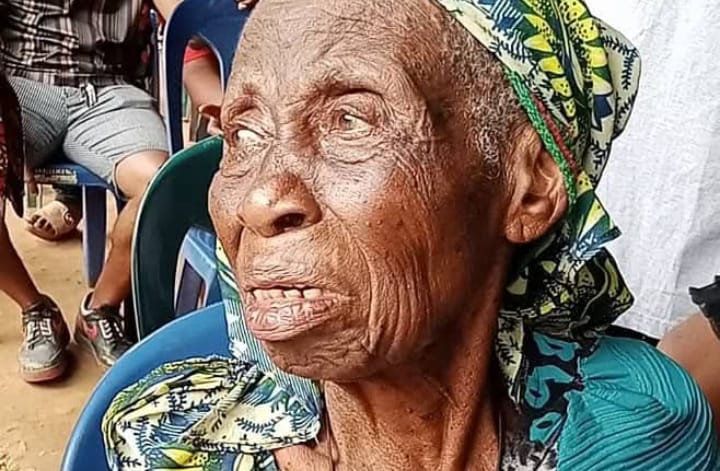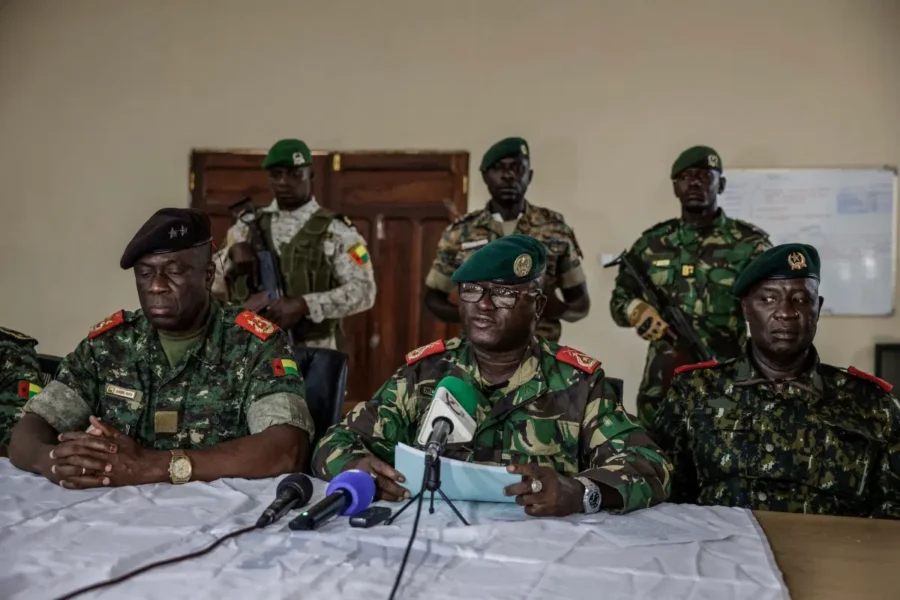A heartbreaking scene unfolded at the Anambra governorship election when 96-year-old Elizabeth Onike was denied her right to vote due to lack of proper documentation. The incident occurred at Polling Unit 008 in Umudimakasi, Agulu Ward 2, Aniocha Local Government Area during Saturday’s electoral process.
Mrs. Onike, who arrived early at the polling station with high hopes of participating in the democratic process, was turned away by electoral officials when she could not present a Permanent Voter’s Card (PVC). “I wanted to vote today, but they said I cannot because I don’t have my voter’s card. I came here hoping they would allow me, but they refused,” the nonagenarian told journalists, her voice heavy with disappointment.
The elderly woman, who claimed to have participated in previous elections, was visibly distraught by the rejection. “I am 96 years old, and I still want to vote for the good of our people,” she expressed, highlighting her unwavering commitment to civic duty despite her advanced age.
The situation drew considerable attention at the polling unit, with fellow voters and observers expressing sympathy for Mrs. Onike’s plight. Many onlookers appealed to election officials to make an exception for the elderly citizen, but the officials stood firm, citing the Electoral Act’s strict requirements for proper identification and accreditation.
Mrs. Onike’s experience has brought to light the broader challenges faced by elderly citizens in Nigeria’s electoral process, particularly regarding documentation requirements. While the electoral commission’s strict adherence to identification protocols aims to maintain voting integrity, cases like Mrs. Onike’s raise questions about accessibility and accommodation for senior citizens who remain politically engaged.
The incident occurred against the backdrop of what was otherwise reported as a peaceful commencement of voting activities across Anambra State, where residents gathered to elect their next governor.







Leave a Comment